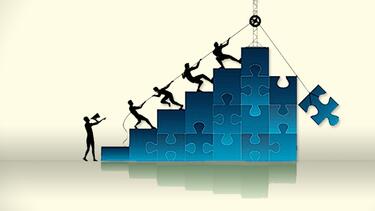Operations
An Interactive Tool Helps School Districts Redesign Their Bus Schedules—and Get Kids a Little More Sleep
Yale SOM operations scholar Zhen Lian and her co-authors created an interactive tool that helped San Francisco reach consensus on school schedules, move start times later, and save millions of dollars in transportation costs.

How Machine Learning Can Find Extremists on Social Media
Yale SOM's Tauhid Zaman investigated how artificial intelligence could assist efforts to detect and suspend extremist accounts, before they are used to recruit members and spread propaganda.
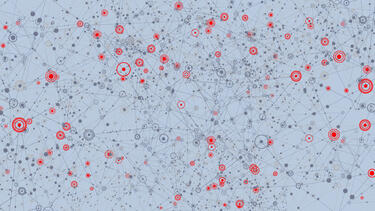
A Decision Analysis Approach Points to Better Diagnosis of Prostate Cancer
A new study led by Yale SOM’s Arthur J. Swersey, using decision analysis techniques, finds that increasing the number of biopsy needles and using probability modeling to analyze the results can help prevent unnecessary treatment while identifying dangerous cancers.
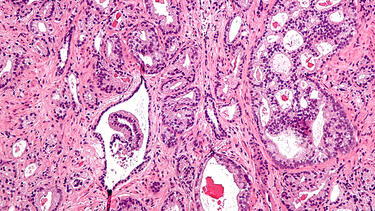
Three Questions: Prof. Vahideh Manshadi on Improving Kidney Donation
This month, the Trump administration announced a series of steps to overhaul the kidney transplant system. We asked operations expert Vahideh Manshadi if the changes could make a difference for patients.
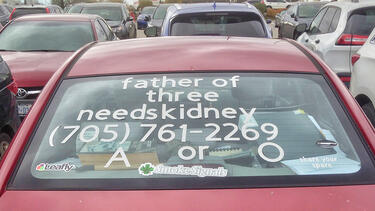
Kidney Exchange Registries Should Collaborate to Save More Lives
Yale SOM’s Vahideh Manshadi and her co-authors examined the methodology of kidney exchange registries, and found that registries can find more matches if they collaborate to build a unified database.
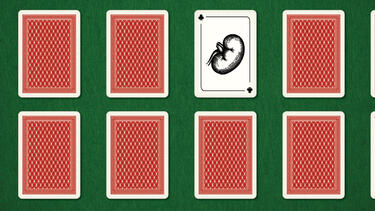
Why Hidden Populations Are So Hard to Count
Yale researchers Edward Kaplan and Jonathan Feinstein explain how widely accepted estimates have greatly undercounted the number of undocumented immigrants in the United States.
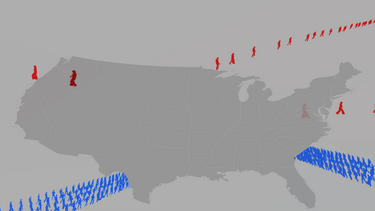
Could Better Predictions Improve End-of-Life Care?
A statistical tool that predicts when patients with advanced cancer are likely to die could help promote patient welfare by transferring more people from aggressive interventions to hospice care.
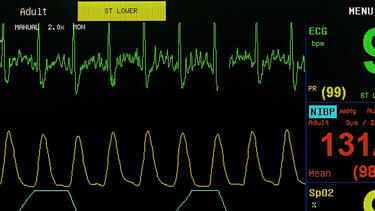
Three Questions: Prof. Edieal Pinker on Holiday Travel
We asked Prof. Edieal Pinker if operations research can make airline travel less unpleasant.
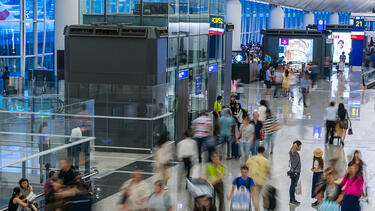
Can Operations Research Help Find Terrorists?
Yale SOM’s Edward H. Kaplan uses queuing algorithms to estimate how many terror cells exist and determine how to efficiently combat them.
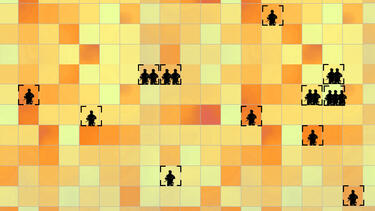
How Dangerous Is America?
In the Boston Globe Magazine, Professor Edward Kaplan writes that although more Americans report being worried about terror attacks, we are safer than we often feel. He cites his research that estimated the number of hidden terror plots being planned in the U.S. at any given time.
What makes an organization change?
With the financial sector attempting to adapt to regulatory and economic uncertainty, firms are forced to prioritize and change. Phil Davis '85, an experienced management consultant, discusses the factors that can make organizational change succeed or fail, whether in the financial industry or another sector.
